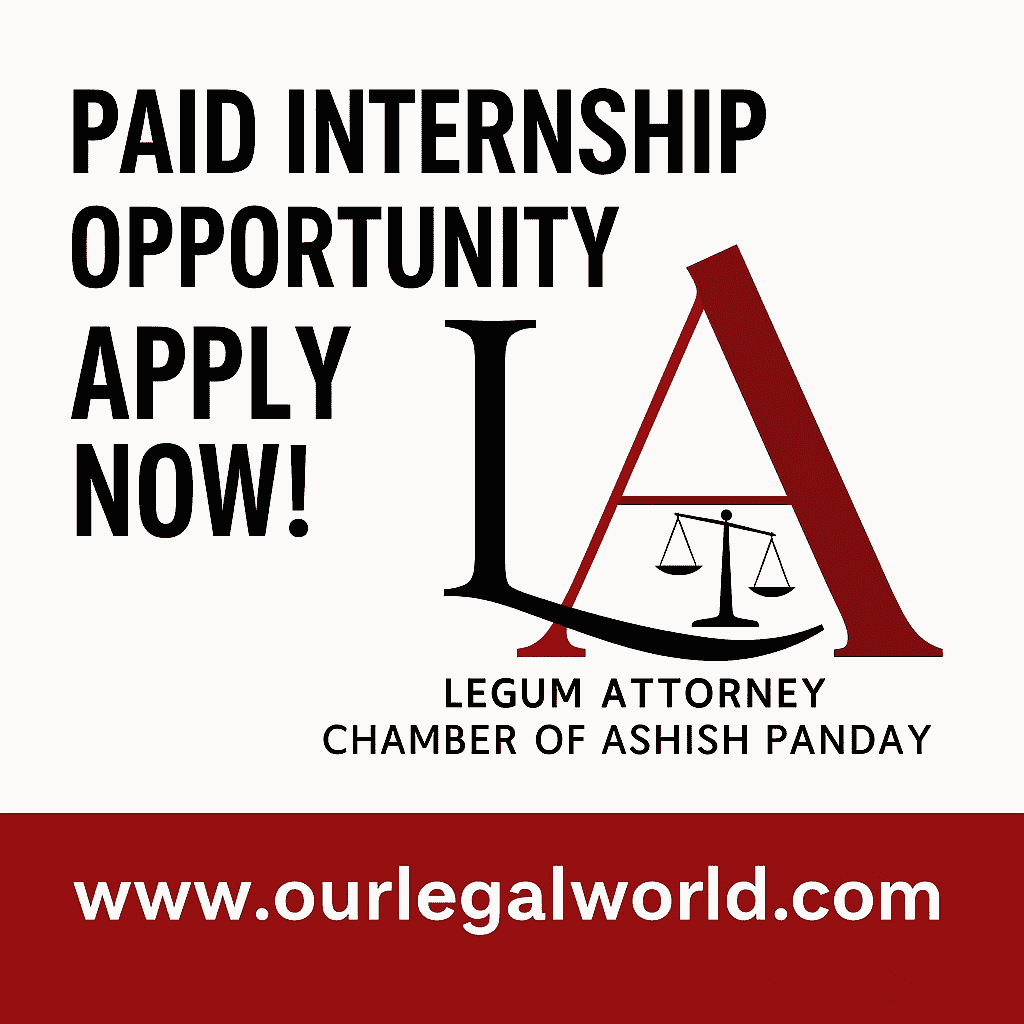International Intellectual Property Cases:- IPR Club OurLegalWorld
- DYSON LTD v. REGISTRAR OF TRADEMARKS
Dyson was a manufacturer of bagless vacuum cleaners since 1993. It sought to register a mark consisting of a “transparent bin or collection chamber forming part of the external surface of a vacuum cleaner as shown in the representation”, with no attempt to limit the registration to any particular shape or color. The High Court held that the illustrations were solely descriptive of the product and made a preliminary reference to the European Court of Justice (ECJ) on the issue of distinctiveness under the Trade Marks Act 1994. However, the ECJ chose to discuss the subject matter of the application in the first place.
- NATION FITTINGS (M) SDN BHD v. OYSTERTEC PLC [2006] 1 SLR 712; [2005] SGHC 225ANHEUSER-BUSCH v. BUDĔJOVICKÝ BUDVAR, C-245/02, the CJEU
The Appellant (“Caterham”) claimed exclusivity for its product, the Caterham Seven or Super Seven, and alleged that the Birkin Seven, the product of the first Respondent (“Birkin”) was being passed off as that of Caterham’s. Caterham Seven and the Birkin Seven were both replicas of the Lotus Seven Series III sports car. There were no registered trademarks, designs or patents that had a bearing on Caterham’s rights. Caterham’s main claims in the trial court related to copyright infringement. All the original claims were dismissed by the trial court; leave to appeal on copyright was refused but the court a quo granted leave to appeal on passing off. On appeal, Caterham limited the relief sought to an interdict restraining Birkin from manufacturing, marketing, selling and exporting from South Africa a sports car having a distinctive shape and configuration using the numeral Seven.
Also Read: Landmark Judgments on IPR Law in World – IPR Club
- JT INTERNATIONAL SA v. COMMONWEALTH OF AUSTRALIA [2012] HCA 43
This was a case brought up by JT International SA and the British American Tobacco group challenging the Tobacco Plain Packaging Act 2011 (Cth). Other tobacco companies, Philip Morris Limited, Van Nelle Tabak Nederland BV, and Imperial Tobacco Australia Limited participated by way of intervention. Effectively, the Tobacco Plain Packaging Act 2011 prevents tobacco companies from using their own get up, trademarks (other than their brand word marks and variant names), and other intellectual property to distinguish their products from those of their competitors. The legislation requires cigarette packaging to have a drab brown-colored background, with the brand name placed on it in a standard size, font, and location on the package. The legislation also imposes other extensive imitations. Information and warnings about the use of tobacco products will take up much of the free space on the package. It was argued on behalf of the tobacco companies that the legislation involved acquisition of property from them within the meaning of s 51(xxxi) of the Constitution and that as a result, the Commonwealth was required to provide compensation.
- PERSON’S CO LTD v. CHRISTMAN 900 F2d 1565 (Fed Cir 1990) [USA]
Person’s Co., Ltd. appeals from the decision of the Patent and Trademark Office Trademark Trial and Appeal Board (Board) which granted summary judgment in favor of Larry Christman and ordered the cancellation of the appellant’s registration for the mark “PERSON’S” for various apparel items. Appellant Person’s Co. seeks cancellation of Christman’s registration for the mark “PERSON’S” for wearing apparel on the following grounds: the likelihood of confusion based on its prior foreign use, abandonment, and unfair competition within the meaning of the Paris Convention.
- KIRKBI AG v. RITVIK HOLDINGS INC 2005 SCC 65
Kirkbi held the patents for LEGO construction sets. When the patents expired, Ritvik began manufacturing and selling bricks that were interchangeable with LEGO. Kirkbi tried to assert a trademark in the ‘LEGO indicia’ (the upper surface of the block). When the Registrar of Trademarks refused registration Kirkbi claimed the LEGO indicia as an unregistered mark and sought a declaration that it had been infringed by Ritvik pursuant to s. 7(b) of the Trademarks Act and the common law doctrine of passing off. Kirkbi requested a permanent injunction to prevent Ritvik from marketing infringing products. Ritvik challenged the constitutionality of s. 7(b) arguing that the provision is ultra vires the legislative competence of Parliament under s. 91(2).
- FUTURE ENTERPRISES PTE LTD v. MCDONALD’S CORP [2007] 2 SLR 845; [2007] SGCA 18
The respondent filed an opposition to the appellant’s application to register the trade mark “MacCoffee” as a word mark in Class 30 for, among other things, coffee and coffee-based beverages (“the Opposition”). The Opposition was based on the respondent’s prior registration of the trademark “McCAFÉ” in Class 30 in relation to, among other things, coffee and coffee substitutes.
Also Read: Artificial Intelligence and Patent in India: An Overview:- IPR Club
At proceedings before the Principal Assistant Registrar of Trade Marks (“the PAR”) and on appeal before the High Court, the Opposition was upheld on the basis that there were sufficient visual, aural, and conceptual similarities between the “MacCoffee” and “McCAFÉ” marks, and that the goods of the parties were similar if not identical, resulting in a likelihood of confusion on the part of the public.
The appellant appealed to the Court of Appeal against the High Court’s decision and argued that it had acquired a common law right to the “MacCoffee” mark through local and overseas use. It also argued that the rights conferred by registration of the “McCAFÉ” mark was statutorily restricted and rendered inoperative under the Trade Marks Act (Cap 332, 2005 Rev Ed) (“the Act”) by reason of the appellant’s prior unregistered right to proprietorship of the “MacCoffee” mark for instant coffee mix.
- VICTORIA’S SECRET INC v. EDGARS STORES LTD (428/92) [1994] ZASCA 43
In this case, a US company took a South African company to court for “stealing” its trade mark. The Supreme Court of Appeal (“SCA”) held that a South African company is perfectly entitled to adopt a trade mark that has been used abroad but not in South Africa, provided that there isn’t “something more”.








